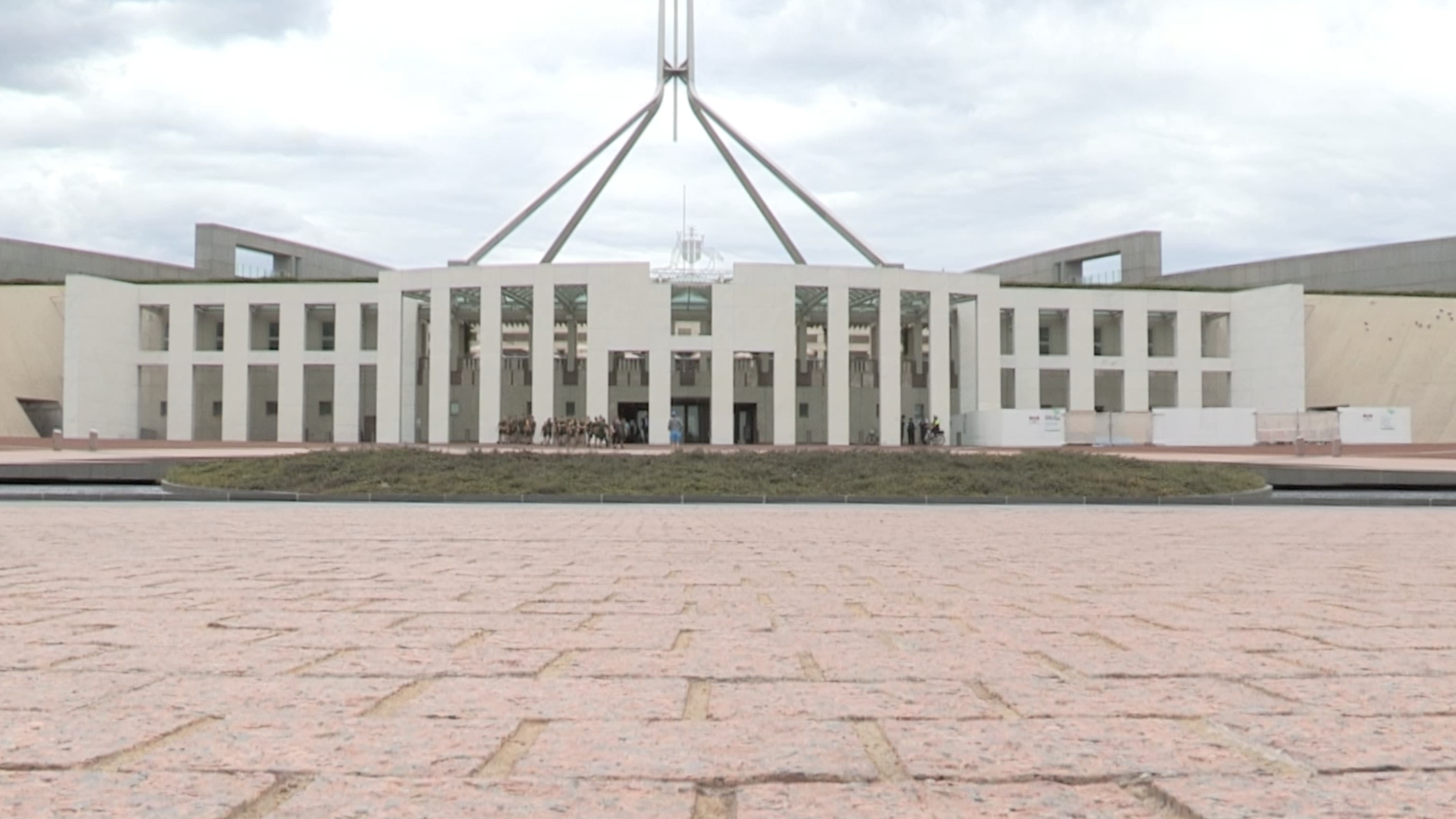
A panoramic view of Sydney. /VCG
A panoramic view of Sydney. /VCG
Editor's note: Daryl Guppy is an international financial technical analysis expert. He has provided weekly Shanghai Index analysis for the media on the Chinese mainland for over a decade. Guppy appears regularly on CNBC Asia and is known as "The Chart Man." He is a national board member of the Australia China Business Council. The views expressed here are his own.
As a precondition to profit, international investment capital looks for certainty and stability. If this is not reasonably achievable then investment capital either seeks different locations or it adds a premium to the proposed investment when sovereign risk rises. Investment capital is liquid, so it quickly flows around obstacles.
Australia is introducing changes to foreign investment rules which the government hopes to be law by January 1, 2021. They mean the Foreign Investment Review Board (FIRB) will scrutinize every bid for an asset classified as a ''sensitive national security business," regardless of whether the bidder is state-owned or private, and regardless of the value of the asset. The unintended consequence of this is to increase perceptions of sovereign risk in Australia.
Australia is the latest of more than half a dozen countries, including China in 2019, to introduce changes to its foreign investment rules. Australia has always placed a heavy reliance on the flow of foreign capital and these changes impact on Australia's top foreign investors, the United States and the United Kingdom. China comes in behind Belgium, Japan, the Netherlands, Luxembourg and Singapore.
The treasurer will be given new intervention powers to have a bid re-examined if fresh national security concerns arise and, as a last resort, could order an already-purchased asset to be forcibly divested.
The FIRB will apply the new national security test to entities operating in the energy, telecommunications, ports, water and data sectors. The treatment of entities that control personal data with potential national security implications will be critical to investment decisions because the security concerns around personal data is such a flexible concept.
Although some in Australia are quick to suggest these changes are primarily designed to target China, the real impact is much wider. Singaporean colleagues in the investment industry are quietly alarmed and ripples of concern are running through U.S. and UK investors because the proposed changes undermine investment certainty and the ability to adapt and grow investment opportunities as markets change.

Australia's Parliament House in Canberra. /CGTN
Australia's Parliament House in Canberra. /CGTN
The changes also give the treasurer new powers to have an already approved deal reviewed on national security grounds if circumstances change. He will be able to impose new conditions on a foreign investment and, as a last resort, compel a foreign owner to forcibly divest an asset.
Changing circumstances may include changes in the business of the foreign parent company if it subsequently moves into the security environment over the life of its investment in Australia. This becomes a constraint on the parent company investment activity outside of Australia and is of concern to investment funds that are constantly changing their investment mix. The treasurer will be given powers to impose new conditions on the foreign investor or, in extreme cases, force the investor to sell the asset.
The long-term commitment of investment capital could be thwarted at any time in the future if "circumstances change" and those changes could be politically driven. Reserving the right to back out of a deal and retrospectively change the conditions of investment is usually associated with high sovereign risk countries in Africa and Latin America.
These broad changes could also capture small technology companies relying on foreign angel investors. The tech-systems they develop may turn out to have security applications which could trigger compulsory divestment provisions. Investment in a 3D printing software company aimed at private business could be invalidated in the future if the company takes on a defense-related contract.
Businesses that collect information about customers, including healthcare and aged care firms dealing with patient records or retailers collecting customers' personal information and spending records are not free from this future investment risk.
There is also concern that the proposed changes, described by the government as the most comprehensive reforms to Australia's foreign investment review framework since 1975, have been developed largely in-house without industry consultation and the six week public consultation period is very limited.
The proposed rules for private sector foreign investors do not officially target China, but they do feed on the misconception that all private companies in China are under the control of Communist Party of China. In addition to the concerns about growing sovereign risk, China has additional grounds for concern as this is a move away from the spirit of the 2014 China-Australia Free Trade Agreement.
If, as some suggest, these changes are aimed at China, then a closer examination of the changes shows wide collateral damage is inflicted on all of Australia's major foreign investors. These proposals are not much different in principle to similar changes introduced by other countries, including China, but these Australian proposals seem to have assembled features designed to undermine investment certainty.
The concentration of national security powers in the hands of the treasurer is an inevitable politicizing of the investment approval process and of the ability of an investment to proceed and develop with certainty over the life of the investment. These changes have further raised the perception of Australia's sovereign risk amongst the international investment community.
(If you want to contribute and have specific expertise, please contact us at opinions@cgtn.com.)